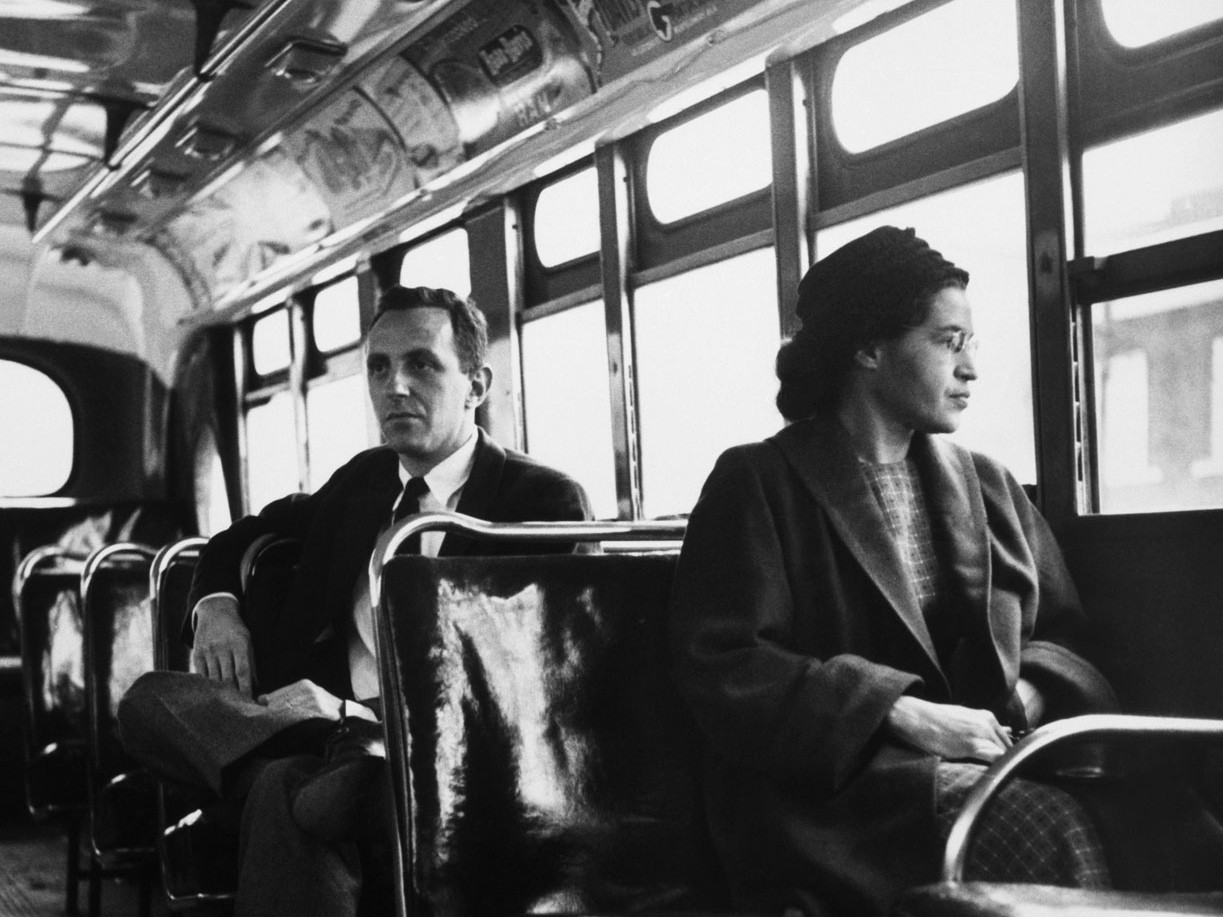
About the course
This course will critically analyze the intimate relationship between race and geography in the modern world. Through a range of historical and contemporary cases, it will examine how interconnected forms of racial and spatial difference are produced, reproduced, and transformed. Focusing on the material and cultural formation of racialized geographies, students will learn to recognize how racially inflected discourses and practices shape the production of space and how geographical location matters to racial classification, identification, and discrimination. The course will be organized around a series of archetypal spaces: for example, the body, the nation, the colony, the city, the home, the prison, the plantation, the border, the school, or the street. In each case, students will examine the confluence of race and space within broader themes, such as colonialism, capitalism, urbanization, globalization, environmentalism, migration, and incarceration. Since race often intersects with other forms of difference, students will also learn to interrogate the influence of gender, class, religion, and sexuality on the production of space. Texts from human geography, critical race theory, colonial and postcolonial studies, history, sociology, and anthropology in addition to other media, such as film, literature, journalism, and photography, will provide students with conceptual resources and methodological tools. The ultimate objective is to advance a comparative, critical analysis of the relationship between geography and race, past and present, and to explore the conditions of future possibility for the linked political projects of anti-racism and spatial justice. (Image (left): Rosa Parks riding the bus in Montgomery, Alabama. Source: Daily Advertiser/AP.)
